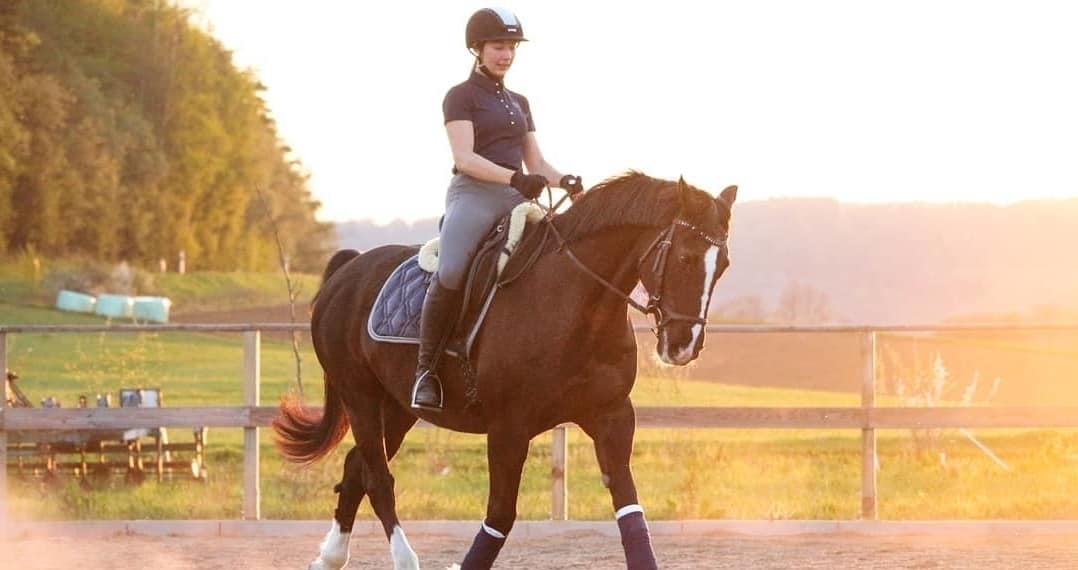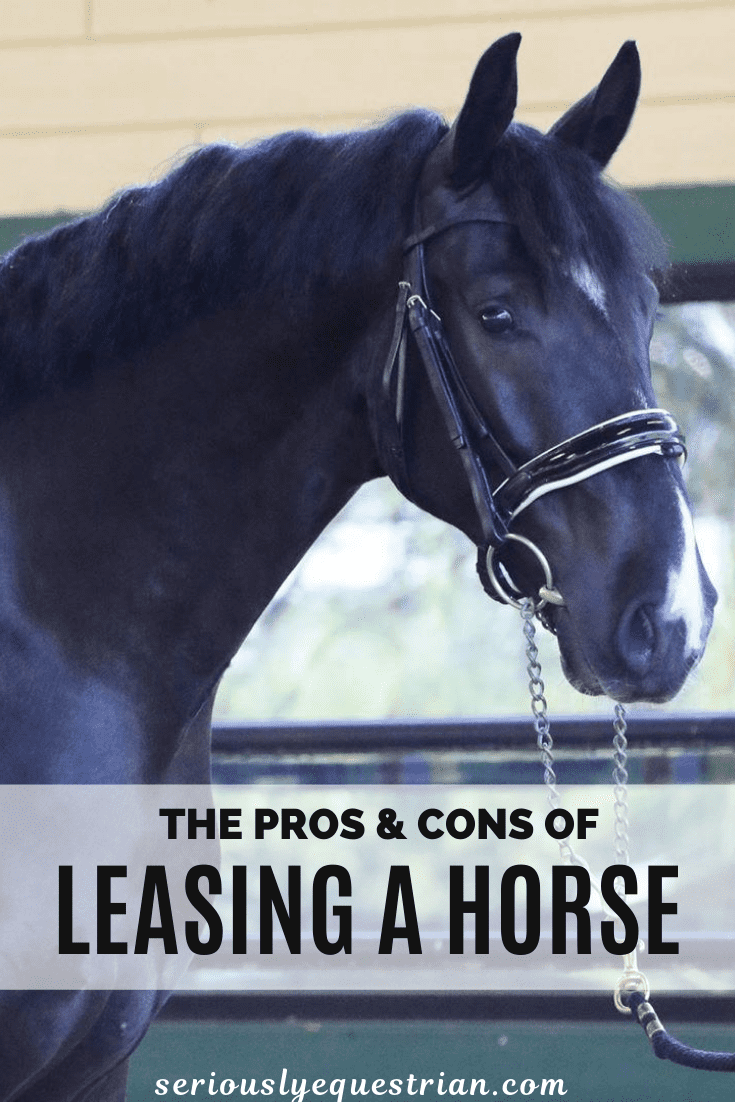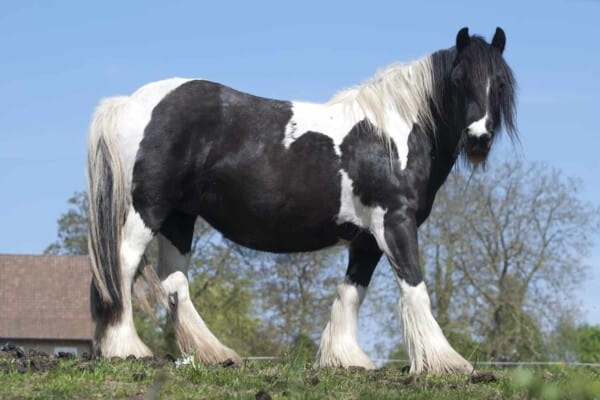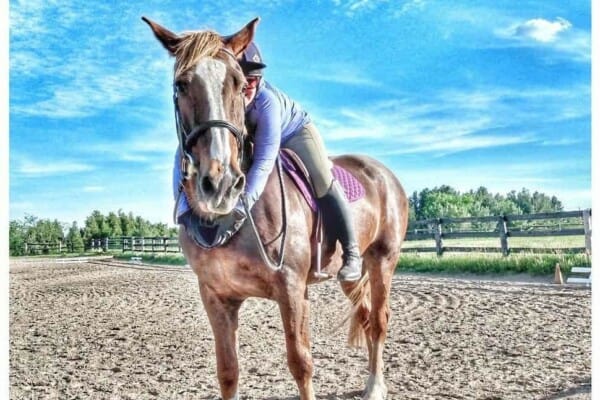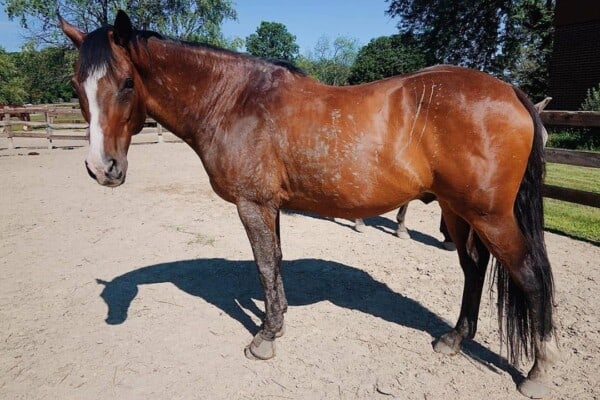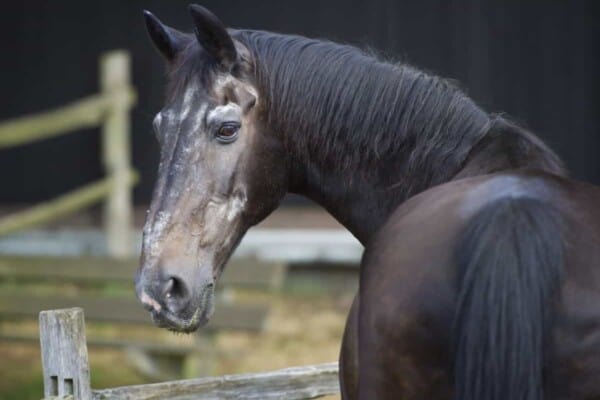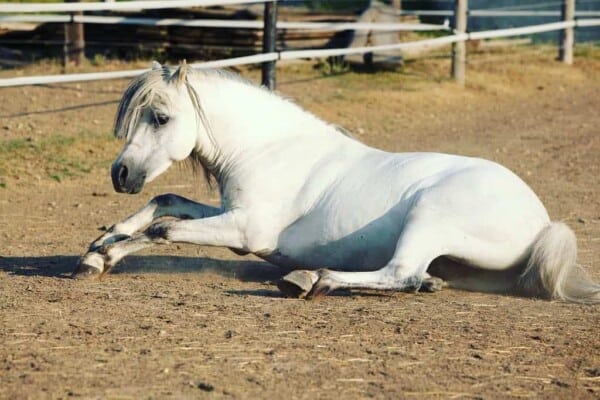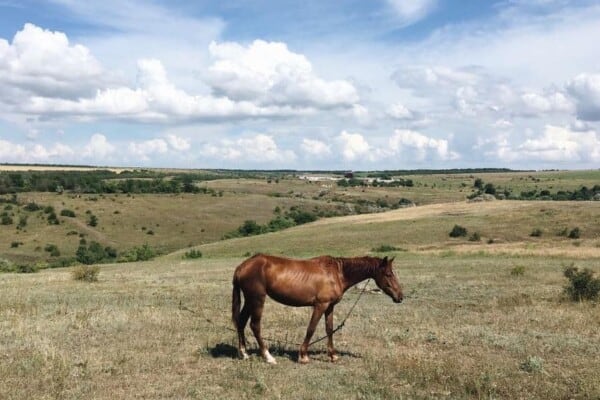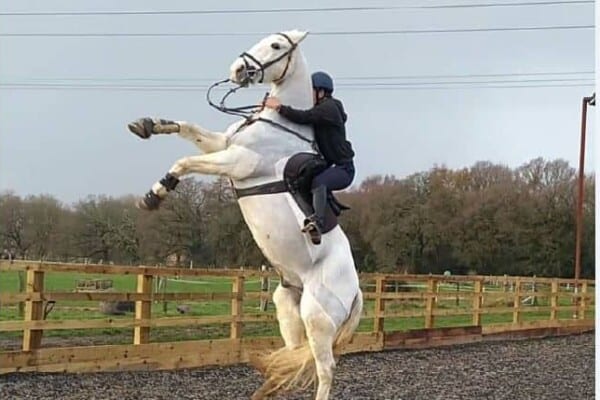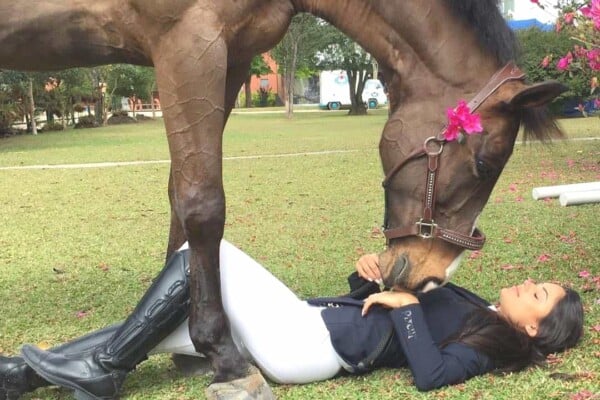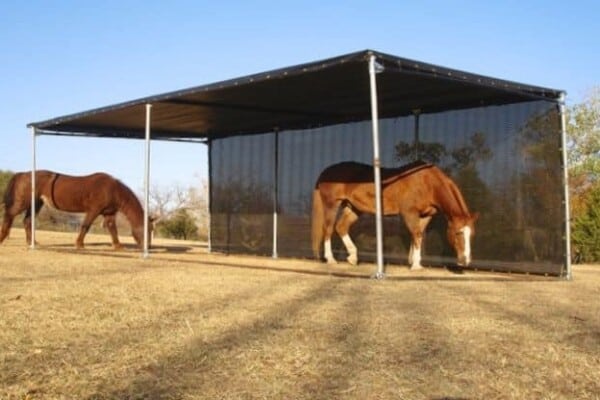What is Leasing a Horse?
When you lease a horse you enter into an agreement to pay a fee in exchange for a set time when you can ride/have access to a horse. The agreement is usually made with the owner of the horse. Horse owners do this as a way of offsetting the expense of horse ownership. There are different types of leasing agreements available that can vary from region to region and it
Leasing is a great way of getting regular time with a horse without having to make a commitment in terms of ownership and cost. In fact many riders use leasing as a type of trial to determine whether they want to commit to owning a horse or not.
Pro’s
-Minimizes Cost
Owning a horse can be very expensive. Stable fee’s, nutrition, and the various bills associated with horse care all add up to a significant amount of money. For many people owning a horse is prohibitively expensive and they choose other activities and hobbies instead. However many people are unaware that many horse owners seek lease agreements with people as a way of sharing the cost of a horse. This arrangement benefits both owner and the person leasing as they both get access to a horse while ensuring that they stick to their own budget for their equestrian pastime.
Many leasing agreements will also include tack and other equipment which can further reduce the cost of horse riding.
However you should also be mindful that many equine lease agreements state that the horse care bills such as farrier an vet are to be split. The exact split of cost will depend on the what type of lease agreement is made so it is important to know what kind of agreement you may want.
-Reduces Time Commitment
A big benefit to leasing a horse is that it also minimizes the time commitment that you have to make. If you owned a horse on your own it is very likely that you would have to see the horse everyday and may be responsible their daily care. This can be a massive time commitment for many is one of the primary reasons people seek lease agreements.
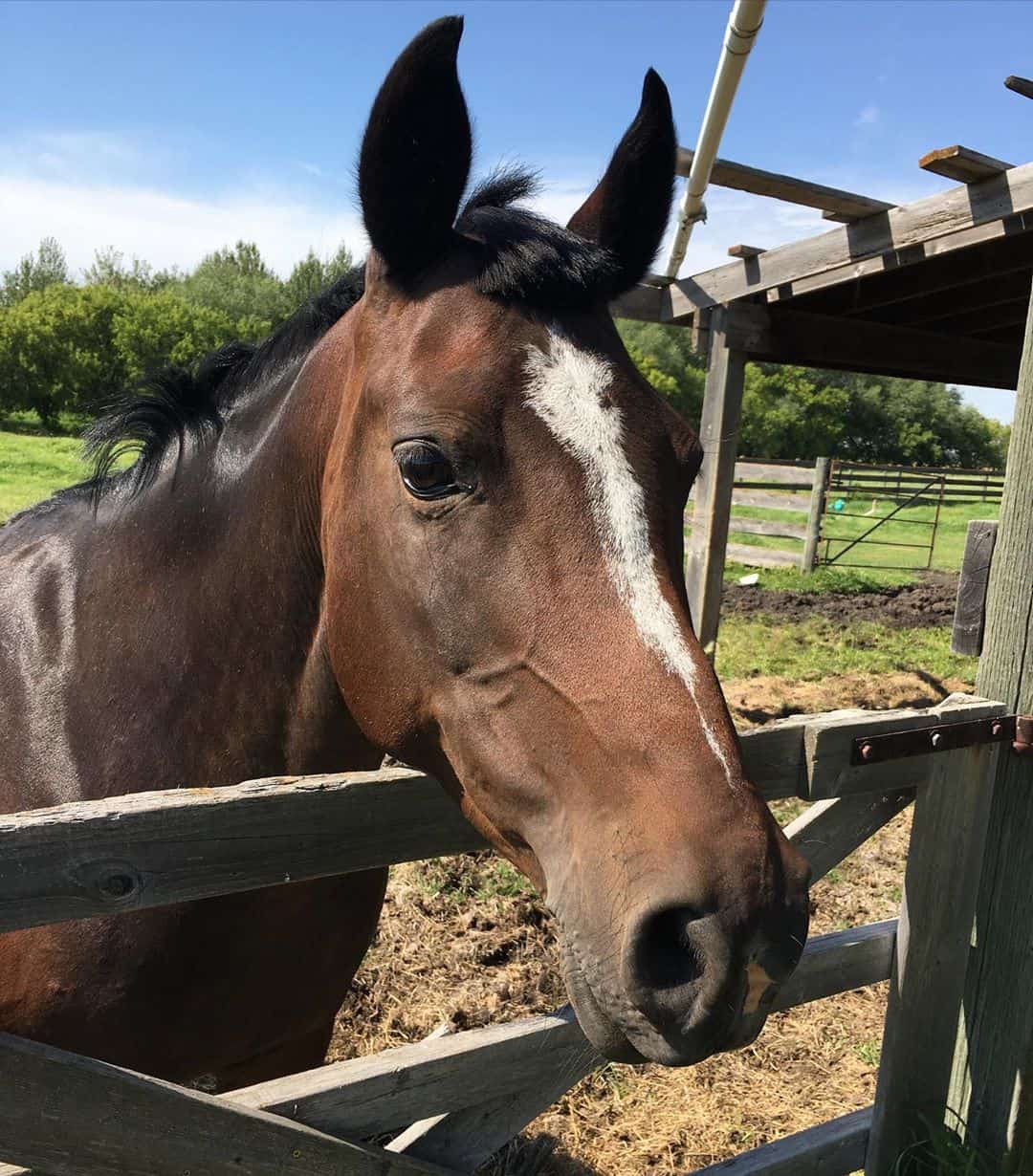
-Regular access to a Horse
When you agree to lease a horse that means you will get guaranteed access to the same horse for an agreed amount of times per week.
This regular access allows you to build consistent momentum that can be hard to get in other casual arrangements. Having a set time and day for riding allows you to plan your days more efficiently. Working on the same horse also allows you to build a bond with that horse and means that you can focus on riding technique instead of trying to figure out the required cues and feel of a new horse.
-Tests Ownership Readiness
Buying a horse is a big decision and commitment. As mentioned already there is a significant monetary and time commitment that you have to make when you decide that you want to own a horse. Some potential buyers are understandably nervous when it comes to making this decision and often choose to lease as a way of testing their readiness for full horse ownership. When you are the leasee of a horse you are still responsible for horse care and have a regular bill to pay but the majority of the responsibility still very much lies with the owner.
-Test another Discipline
If you are not sure what kind of riding is most suited to you, leasing a horse is a great way to explore the different options. Many riders who are first starting out are not sure what they are looking to do – they just know they love horses! By finding a versatile horse to lease you can explore different disciplines and can decide if you want to specialize in something.
Cons
-Restrictions
Lease agreements typically come with rules and restrictions. These rules may state the times and days when you can access the horse and may well describe what you can and cannot do with the horse. In most cases these rules are put in place to protect the horse which is fair enough. However these restrictions are a constant reminder that the horse is somebody else property.
-Attachment to the Horse
When you spend enough time with a horse it does not take long before a bond is formed. As you get to know each other a mutual understanding is develops between horse and rider where both of you know what to expect. When a lease ends many people are often surprised by the sense of loss they feel. Just because you don’t own the horse doesn’t mean that the emotional connection is not the same.
-Horse May Be Sold
The owner may decide to sell the horse. If you are on a month to month contract, this gives you little time to find another mount. And if you are in the middle of competition season or working towards specific goals, this can throw a big hitch in your plans. I would recommend adding in a “first right of refusal” clause to your lease contract. This would mean the owner would be required to ask you first if you wanted to purchase the horse before asking someone else.
-Stuck in a Contract
It is very normal that a persons situation may change during the course of a equine lease agreement. Pregnancy, professional commitments, and travel requirements are just some of the examples that can happen in someones life during the course of a lease agreement. However these events and situations can sometimes lead to tension when the person leasing can longer abide to the terms of the agreement and feels stuck. Depending on the agreement there may be a termination fee or some kind of penalty if you request to end the agreement early. In my own experience regular and clear communication with the horse owner can avoid most issues such as this!
Key Questions to Consider when entering into Equine Lease Agreement
Full versus partial lease
- What type of lease agreement is it? Full, partial,
- Does the lease agreement include an option to renew>
- What is the term of the agreement?
Use & access of the Horse
- Who may ride the horse?
- What types of riding or use are permitted or not permitted?
- Who is allowed trailer the horse and what are the rules for taking the horse off site?
Finance
- How much and often are payments made?
- How are veterinary bills to be apportioned?
- How is farrier fee and other miscellaneous horse care costs to be apportioned?
Medical
- Who can make medical decisions in case of emergency?
Tack and Equipment
- Is tack and other equipment included in the price of the lease?
Horse Care
- What care is the owner responsible for providing?

